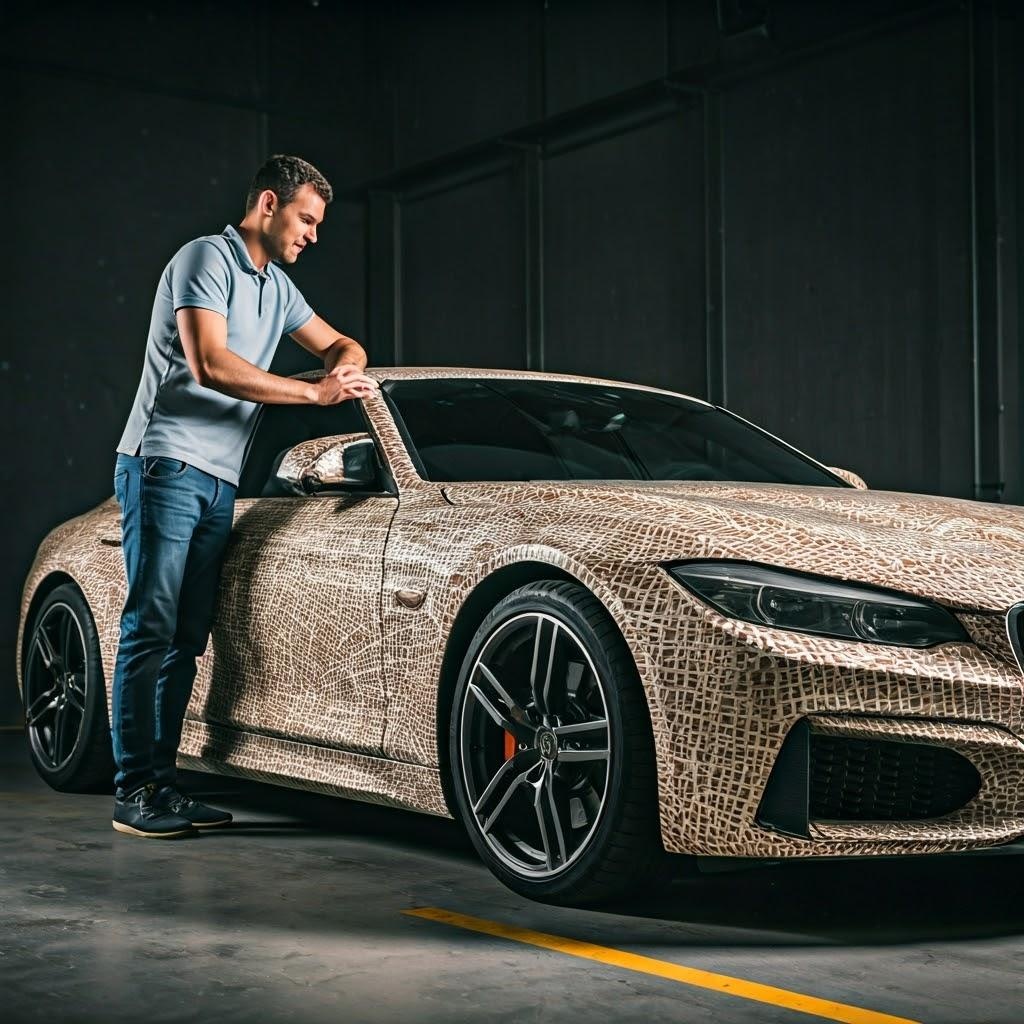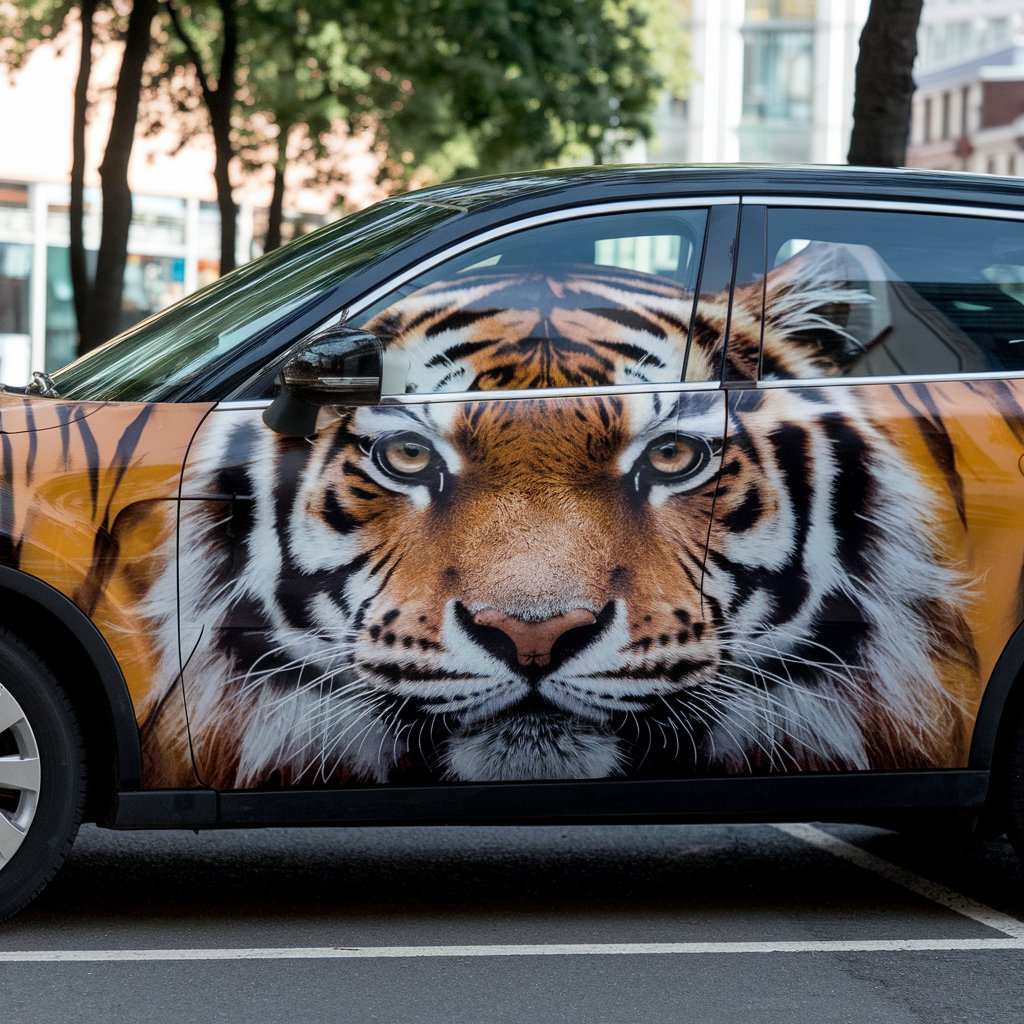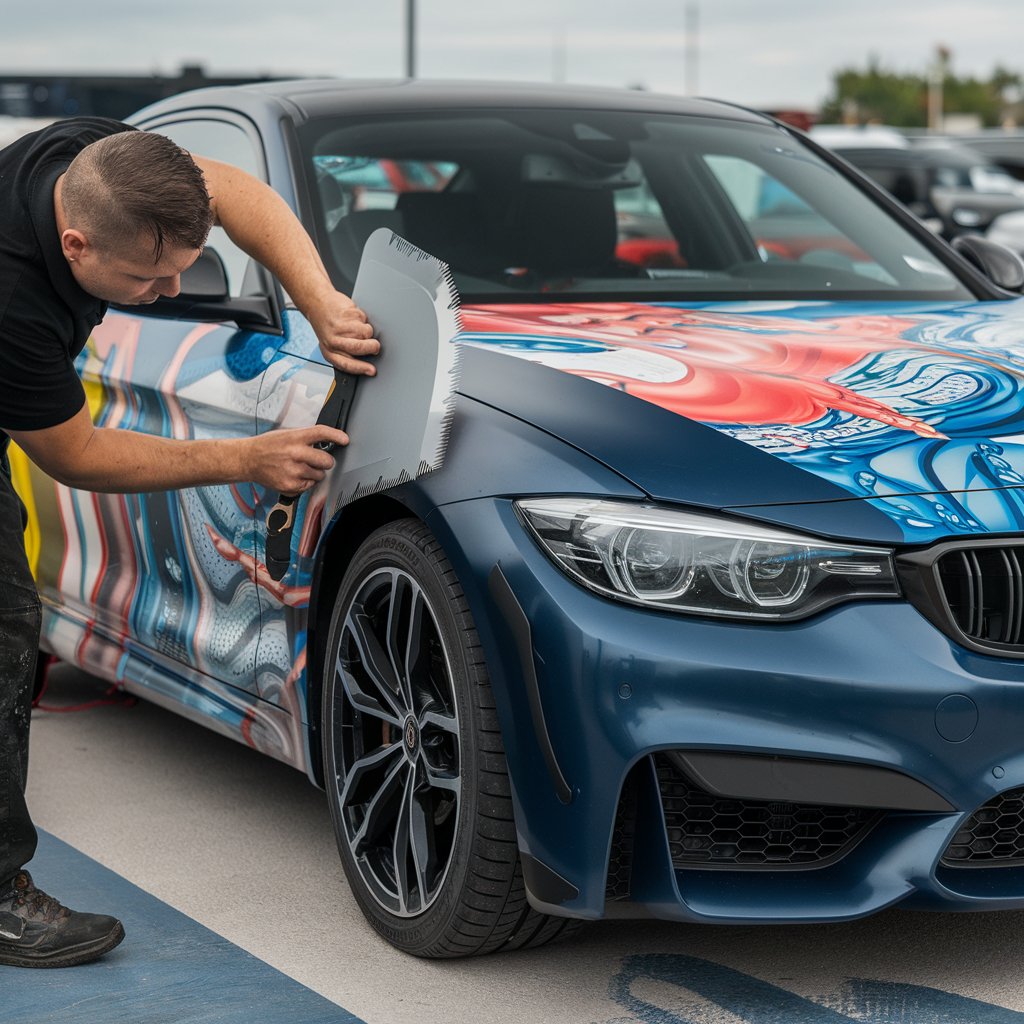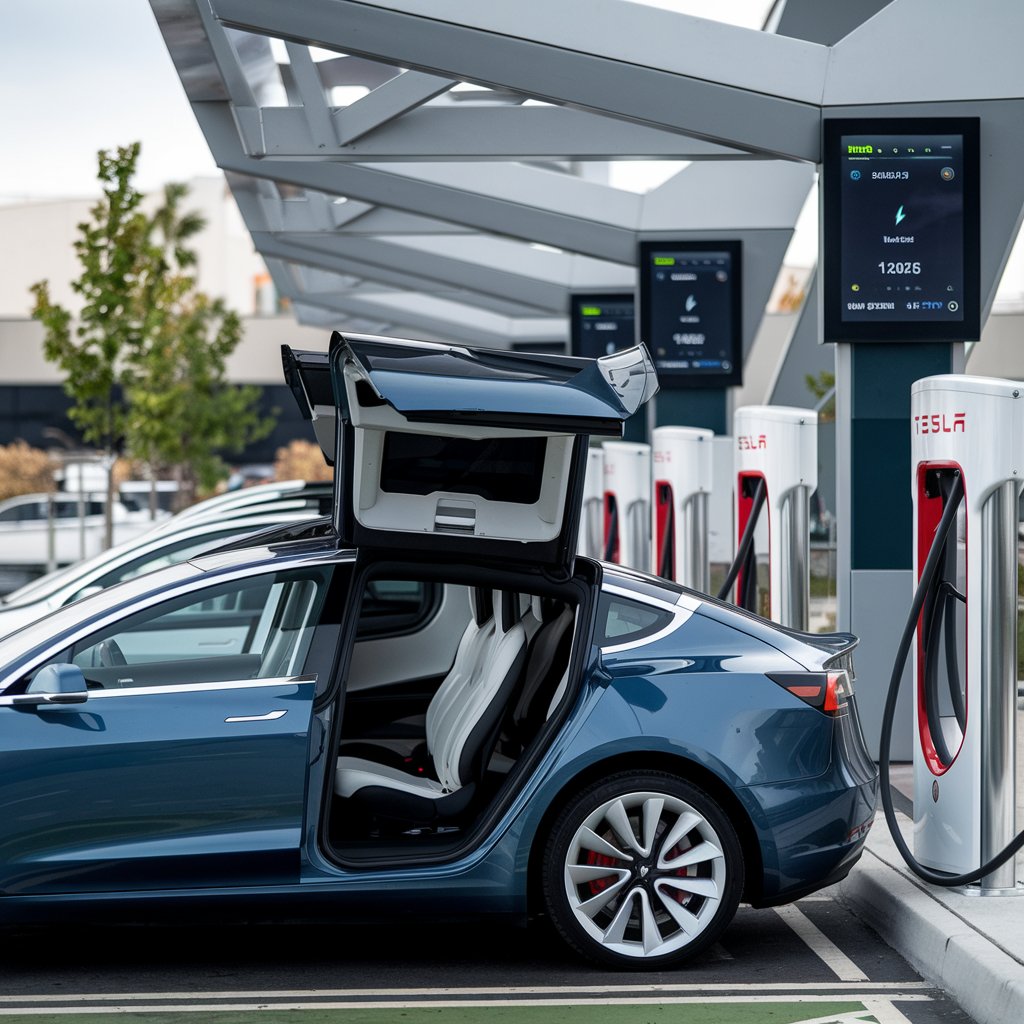Table of Contents
Togglewrap a car introduction
Car enthusiasts and individuals looking to personalize their vehicles are increasingly turning to car wraps for an innovative transformation. Unlike a traditional paint job, wrapping allows for extensive customization while preserving the car’s original finish. But when deciding to buy a car, understanding the cost factors is essential. A car’s price varies significantly depending on the type of material, the design intricacy, and even the location of the service.

From glossy and matte finishes to exotic chrome and textured options, a wrap provides endless possibilities. This not only enhances the vehicle’s appearance but also protects the underlying paint from potential scratches, UV rays, and environmental damage. Many car owners find that wraps offer a unique balance of style and practicality—an investment that can extend the life of their vehicle’s exterior.
Choosing to wrap a car opens up a world of personalization without the permanence of paint. As with any significant vehicle upgrade, knowing what drives the costs helps make a well-informed decision.
Factors Influencing the Cost of Car Wrapping
When considering car wrapping, several factors come into play that directly impact the overall price. One of the most significant factors is the type of material selected for the wrap. High-quality vinyl wraps, for instance, provide durability and a premium finish but can be costly. Wraps come in various finishes—such as matte, satin, glossy, and even chrome or carbon fiber. Each of these materials has a distinct look and cost, with specialty finishes like chrome generally being more expensive.
The size and type of vehicle also heavily influence the cost of car wrapping. Wrapping a small sedan or compact car is typically less expensive than wrapping a large SUV, truck, or luxury vehicle. Larger vehicles require more material and labor, leading to a higher total cost. Additionally, the complexity of the vehicle’s body shape and design affects the wrapping process. Curves, creases, and intricate body details demand greater precision, which increases labor costs.
Location and labor rates further contribute to price variability. In urban areas or regions where vehicle customization services are in high demand, the cost of car wrapping can be significantly higher. Local demand and the expertise level of the professionals also play a part. Highly skilled wrap specialists may charge more, but their work often results in a seamless, professional look that’s worth the investment.
Lastly, custom designs and add-ons—such as decals, stripes, or branding—can drive up the cost of car wrapping. These options allow for greater personalization but involve additional labor and material, adding to the final expense. By understanding these factors, car owners can make informed choices that align with their budget and vision for their vehicle’s appearance.
Breakdown of Average Car Wrapping Costs
Understanding car wrapping costs requires a close look at what goes into pricing a wrap job. The average price for a full car wrap generally ranges from $2,000 to $6,000. However, this range can shift based on factors like material quality, vehicle size, and wrap complexity. Basic wraps, such as those with a single matte or glossy color, often fall on the lower end of the spectrum, while specialty finishes—like metallic, chrome, or carbon fiber—push costs higher due to the advanced materials and techniques involved.
Partial wraps, which cover only specific sections of the car (like the hood or roof), offer a more affordable alternative for those looking to add a custom touch without the expense of a full wrap. These partial wraps typically range from $300 to $1,000 depending on the area covered and the material chosen. Custom designs that incorporate logos, decals, or intricate patterns also impact car wrapping costs by requiring more labor and precision, often adding several hundred dollars to the final bill.
The quality of workmanship is another key factor in pricing. A highly skilled wrap technician may charge more, but their expertise often results in a smoother, longer-lasting wrap. This ensures that owners get the most out of their investment in both style and durability. By weighing these variables, car owners can estimate car wrapping costs based on their specific preferences and budget, achieving a unique look that reflects their personal taste.
Additional Costs to Consider
When deciding to wrap a car, it’s important to consider costs beyond just the wrap itself. Several additional expenses can influence the final price, often catching car owners off guard if not planned for in advance.
One significant cost is the preparation of the vehicle. Before applying the wrap, the car must be meticulously cleaned, ensuring that there are no contaminants on the surface. If the vehicle has scratches, dents, or chips, these will need to be repaired to guarantee a smooth and durable application. The cost of vehicle preparation can vary, often ranging from $100 to $500 depending on the car’s condition.
Another factor to consider is the type of finish you choose. A standard matte or gloss wrap is typically less expensive, while specialty finishes, such as metallic, chrome, or textured wraps, come with a premium price tag. These unique materials require more expertise to apply and, consequently, can increase the overall cost of the project.
Wrap longevity and maintenance are also key considerations. While wraps can last for several years, they do require care. Harsh weather conditions, such as extreme sun exposure or salt on the roads, can deteriorate the wrap over time. Special cleaning products and UV protection treatments may be necessary to maintain the wrap’s appearance. These ongoing costs, though often overlooked, can add up over the years.
Additionally, if you ever decide to remove the wrap, there will be a cost associated with that as well. Removal fees can range from $300 to $1,000, depending on the condition of the wrap and the difficulty of removal.
By factoring in these additional costs, car owners can better plan for the financial commitment of choosing to wrap a car, ensuring they are prepared for both the upfront and long-term expenses.
Comparing Car Wrapping to Traditional Paint Jobs
When considering vehicle customization, one of the most common debates is whether to choose car wrapping or a traditional paint job. Both options offer distinct advantages and drawbacks, which can influence a car owner’s decision based on their preferences, budget, and long-term goals.
The primary distinction between the two is the material used. Car wrapping involves applying a vinyl film to the vehicle’s exterior, while a traditional paint job involves applying multiple layers of paint directly to the car’s surface. The processes vary greatly, leading to differences in cost, longevity, and overall aesthetic appeal.
Car wrapping is generally more affordable upfront than traditional paint, especially for larger vehicles. A typical full wrap can cost between $2,000 and $6,000, depending on the material chosen and the vehicle’s size. In comparison, a high-quality paint job can easily exceed $5,000, and for custom or specialty paints, the price can go much higher. Additionally, the application process for wraps is quicker, with most installations taking only a few days, while a paint job may take a week or longer due to curing time.
Another major difference is the longevity and durability of the finishes. A well-maintained car wrap can last between 5 and 7 years, while traditional paint typically lasts longer, often up to 10 years or more. However, wraps are generally more resistant to chips and scratches than paint, as they act as a protective layer over the car’s original finish. This can make car wrapping an appealing option for those who want to preserve their vehicle’s original paint in pristine condition.
Customization options also play a significant role in the decision-making process. Car wrapping offers more flexibility, allowing for a vast array of colors, textures, and finishes. Custom designs, logos, and intricate patterns can be seamlessly incorporated, providing a level of personalization that is more challenging with traditional paint. While paint can also be customized, achieving the same level of complexity or non-traditional finishes can be both time-consuming and costly.
When it comes to resale value, traditional paint generally holds up better. A well-maintained paint job can increase a vehicle’s resale value, especially if the paint is a factory color. On the other hand, while car wrapping can make a vehicle stand out, it may not be as appealing to buyers who prefer a more conventional look or those concerned with the potential for wrap damage.
In conclusion, both car wrapping and traditional paint offer unique benefits. The choice largely depends on individual preferences, how long one plans to keep the vehicle, and the desired level of customization.
Tips for Getting the Best Deal on a Car Wrap
Getting the best deal on a car wrap requires careful research and a clear understanding of what goes into the process. From choosing the right materials to selecting the best installers, a few strategic steps can help ensure you get high-quality work at a fair price.
First, it’s essential to wrap a car with the right materials that suit both your budget and aesthetic preferences. The type of vinyl used will have a significant impact on the overall cost. Standard finishes, such as matte or gloss, are generally more affordable, while specialty wraps like chrome or carbon fiber can increase costs due to their unique properties and application difficulty. By choosing a standard option, you can maintain a balance between price and style.
Next, shop around and gather multiple quotes. Not all wrap shops charge the same rates, and some may offer package deals or seasonal discounts. When seeking quotes, ensure that each shop is quoting for the same service—this includes the type of material, the coverage (full vs. partial), and the complexity of the design. Comparing like-for-like services will give you a clearer picture of what constitutes a good deal. Don’t hesitate to ask about promotions, as some installers may offer discounts during off-peak seasons or provide special pricing for repeat customers.
It’s also wise to ask for samples of previous work before committing to a particular shop. Quality can vary significantly between installers, so ensure you’re satisfied with their craftsmanship. A cheaper price tag may not be the best deal if the car wrap doesn’t meet your expectations in terms of appearance or durability. Opting for a reputable shop with proven experience can save you money in the long run by avoiding the need for repairs or reapplication.
Additionally, ensure that the car wrap is properly maintained once applied. Many installers offer maintenance packages or tips for preserving the wrap’s longevity, such as proper cleaning and protection from UV rays. Neglecting these aspects can lead to premature fading or peeling, requiring costly repairs sooner than expected. By following recommended care instructions, you’ll maximize the lifespan of your car wrap, ensuring that your investment holds its value.
By following these tips, you can confidently wrap a car at a competitive price without compromising on quality.
conclusion
In conclusion, deciding whether to wrap a car or opt for a car wrap involves weighing various factors, including aesthetic preferences, budget, and long-term goals. Car wrapping offers a cost-effective and flexible alternative to traditional paint jobs, with a wide range of finishes, colors, and designs available. However, understanding the full scope of car wrapping costs is essential to making an informed decision.

While the cost of car wrapping is often lower than a custom paint job, it can still vary depending on factors like vehicle size, material type, and the complexity of the design. A high-quality wrap can provide durability and a unique look, but it’s important to factor in additional costs such as vehicle preparation, maintenance, and wrap removal if needed in the future. Taking these elements into account ensures that the investment is well-justified and sustainable over time.
Ultimately, the decision to wrap a car should be based on the desired balance between cost, appearance, and durability. By conducting thorough research and seeking multiple quotes, you can ensure that you’re getting the best value for your budget. A well-executed car wrap not only enhances the vehicle’s visual appeal but can also protect the underlying paint, offering a versatile solution for car customization. Whether you’re looking for a temporary change or a long-lasting finish, car wrapping offers a flexible, cost-effective solution to transform your vehicle.
Check out our latest article for more exciting insights, and don’t forget to follow us on Facebook for updates and exclusive content!



